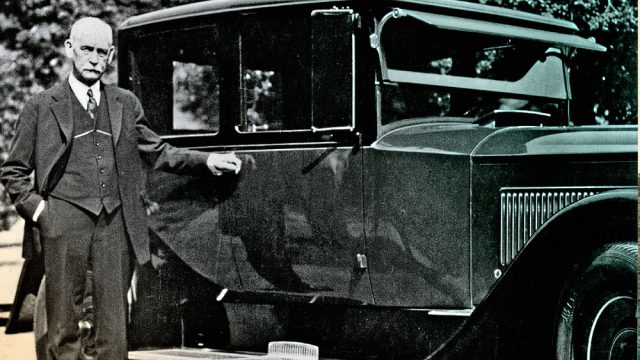I’m going to level with you—one of the things that’s annoyed me most about Quentin Tarantino was when, in an interview about Django Unchained, he demanded to know why more Westerns didn’t deal with slavery. There are a lot of reasons for it—the fact that slavery never got further west than Texas, really, for example. The fact that Westerns are generally about the lower ends of the economic spectrum, people who likely could not have afforded slaves. And so forth. But I think the biggest reason is that Westerns are usually set in the 1880s, long after the abolition of slavery.
I don’t really blame the average person for not knowing that. After all, very seldom do Westerns put a date stamp on events. You can often piece things together, listening to what characters do and don’t say, but you’re not always going to be right. Wikipedia says that the new Magnificent Seven is set in 1879, easily ten years earlier than I would have expected based on various characters’ ages and veteran status. Goodness knows you shouldn’t rely on flags regardless of your own personal knowledge of how many stars ought to be on the US flag at any time, because that’s not something people reliably care about behind the scenes.
But I feel that the Western, more than any other genre, floats in a disconnect from time. And, in many ways, from history. Sometimes, characters are explicitly Civil War veterans, and indeed some Westerns take place at a clear, defined time. If we include the Alamo in the Western, and I see no reason not to, that’s obviously at a specific time. But with astonishing regularity, you can’t pin movies down to a decade. Sometimes, you can’t even pin them down to a location more specific than “somewhere in the American West.”
I think that might be because the Western isn’t really about history. (This, too, might be a major part of the answer to Tarantino’s question.) The Western is, at its heart, about the American psyche. It is not what is historically true; it is what we believe in. We are a people negligent of our own history in many ways, and the only aspect of it I think we truly celebrate is the Old West. We pay lip service to the Founding Fathers, but we revere our outlaws and lawmen.
By sheer coincidence, today is the 135th anniversary of the Gunfight at the OK Corral, another one of those moments that serve to pin the Western in time and space—for all the vagueness in how the events are portrayed. (The real gunfight was short and simple, with the best evidence suggesting the whole thing was over in about thirty seconds—though with a total of about thirty shots fired!) And I do mean that; I was going to look up when Wyatt Earp died, which I’ll get to in a minute, and discovered the information in the “on this day” list.
If the Western is like a quilt, a metaphor we’ll just bear with for a minute, it’s more like the knotted ones my mother made before she got into actual quilting. The front and back are sewn together around the edges, with padding between them, and occasionally connected to one another with a single knot. The gunfight is one of those knots, and the Alamo, and certain people like Buffalo Bill and Calamity Jane. But mostly, the two have very little connection and quite a lot separating them. There is little connection between the base of history and the cobbled together imagery that we actually look at.
And Wyatt Earp? Lived until 1929. In Hollywood, at the end. While the ending line of Tombstone floors me every time, the fact that William S. Hart and Tom Mix were pallbearers at his funeral is, to my mind, only part of the story. At least as important to me is the presence there of a former reporter and a current reporter who was also a screenwriter. Obviously, he didn’t work alone; he had a lot of help. But Wyatt Earp, I think, is one of the men who put some of that padding in the quilt, that layer between truth and fiction. He lived long enough to shape how we remembered him. He helped create the fiction.
Most countries, I think, have their own knotted quilt era. It’s just interesting that, in the United States, ours is so close. We are, after all, a young country. I have, in my lifetime, been in a room with a friend of one of those pallbearers, who himself died seventy years ago. We have forgotten how small our history is, and building our own legend helps make it feel larger, I think.

